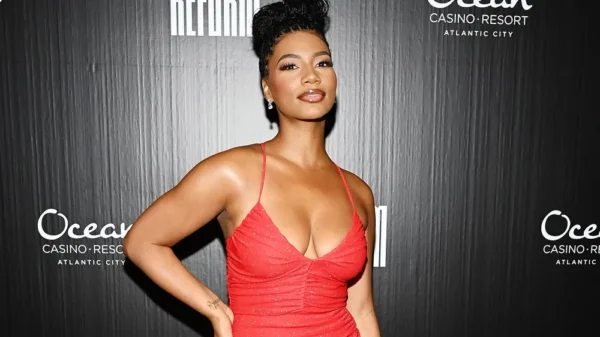Martin Luther King Jr.’s Daughter Speaks Out on Angel Reese Drama with Robert Griffin III
Civil rights leader Martin Luther King Jr.’s daughter, Bernice King, has stepped into a growing social media dispute between WNBA star Angel Reese and former NFL quarterback turned analyst Robert Griffin III. The controversy began after Griffin made claims about alleged tensions between Reese and fellow WNBA rookie Caitlin Clark, asserting on social media that individuals close to Reese told him she “hates” Clark due to the media constantly comparing them.
Griffin’s remarks quickly went viral, sparking backlash. Many fans and observers, including Reese herself and her mother, refuted his statements. Reese called the situation “nasty work,” while her mother posted that Griffin’s supposed sources were not part of Reese’s real inner circle. The situation intensified as the debate over perceived animosity between the two rising stars continued to dominate sports headlines.
Bernice King then weighed in on Twitter, advising Griffin to handle the matter more privately and respectfully. “I agree. That’s why I suggest you call Angel Reese and stop posting about her,” King wrote, echoing the call for more responsible and thoughtful discourse, particularly when addressing Black women under heavy public scrutiny.
Reese responded to King’s post by resharing a fan’s tweet that read, “When MLK’s daughter gotta tell you to shut tf up talking about Angel,” signaling her agreement with King’s sentiments.
Griffin defended his stance, saying he was merely trying to support Reese against racist attacks and attempting to provide context to her situation. He stressed that his intentions were not malicious and that he believed transparency was necessary, even if it was uncomfortable.
The incident highlights the ongoing tensions surrounding the media’s role in shaping narratives in women’s sports, particularly in how it pits athletes against each other. Bernice King’s intervention served as a powerful reminder that sometimes, private conversations are more constructive than public spectacle—especially when reputations and emotional well-being are at stake.




































